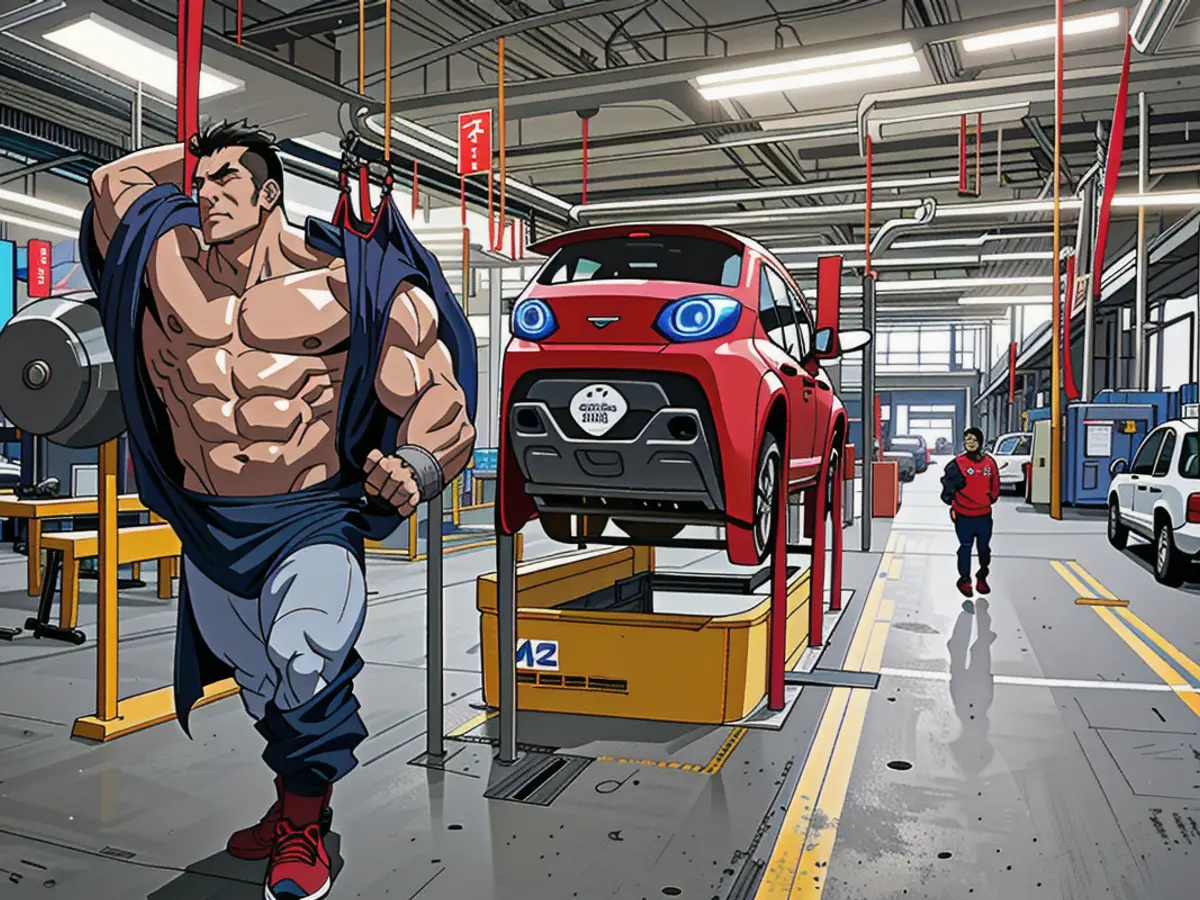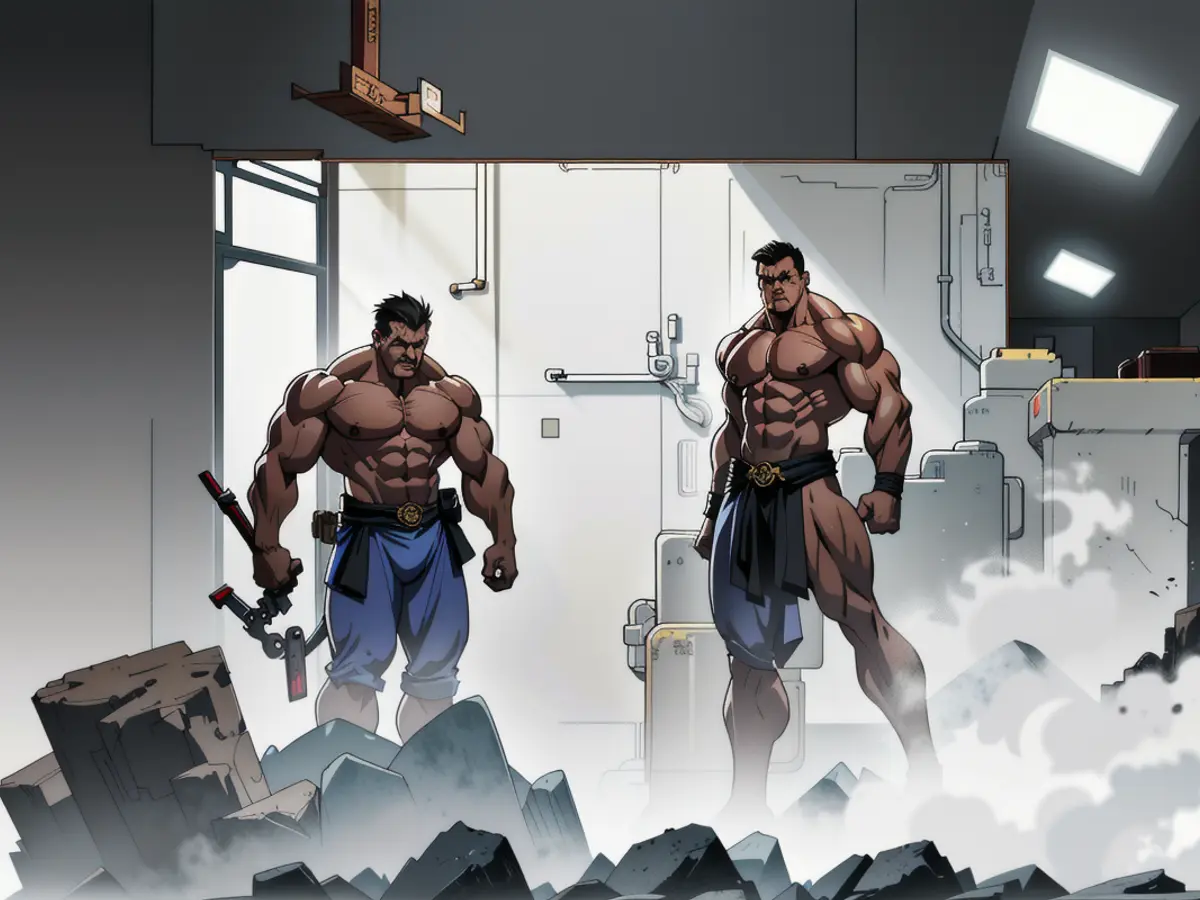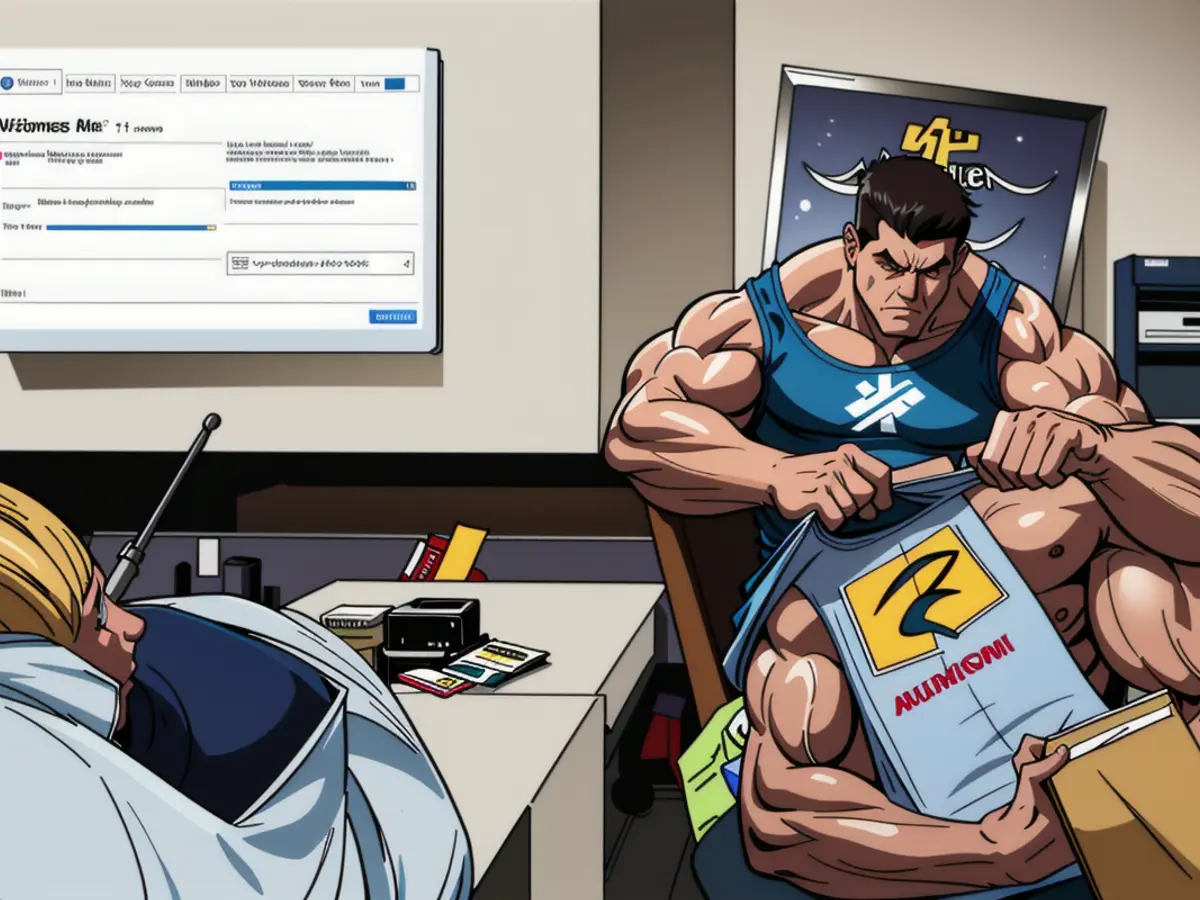China suggests implementation of additional export restrictions on electric vehicle technology.
China intends to include battery cathode technology regulation in its list of export restrictions, as stated in a Thursday notice published by the Commerce Ministry and seeking public comment. This move, if implemented, would likely expand China's future export controls on crucial materials and the technology required for their production, which are vital for manufacturing semiconductors and electric vehicle (EV) batteries.
The objective behind this action is to "strengthen technology import and export management," as reported by the Xinhua News Agency on the same day.
At a regular press conference on Friday, Mao Ning, a Foreign Ministry spokesperson, emphasized that China adheres to fair, reasonable, and non-discriminatory export control measures.
China formulated this plan a month after imposing an outright ban on the sale of certain materials, such as gallium, germanium, antimony, and other "super hard" materials, to the United States. This decision followed the Joe Biden administration's imposition of fresh export controls on US-made semiconductors.
Adam Webb, head of battery raw materials at consultancy Benchmark Mineral Intelligence, commented that China's proposal would allow it to maintain its "70% grip" on the global processing of lithium. He further explained that this move aims to preserve China's high market share and secure lithium chemical production for its domestic battery supply chains.
China has a dominant position in the global market for materials like gallium, a soft metal used in producing radio frequency chips for mobile phones and satellite communication. Lithium, another essential material, is common in daily life due to its role in battery production for devices ranging from smartphones and laptops to EVs.
An iPhone typically requires only a small amount of lithium, but an average EV battery depends on about eight kilograms (18 pounds) of it. This makes any new limitation on lithium extraction technology particularly crucial as the demand for electric vehicles grows globally. According to the International Energy Agency, the world may only meet 50% of lithium demand by 2035.
Global demand for lithium-ion batteries is predicted to surge dramatically over the next 10 years, with the requirement for gigawatt-hours increasing from around 700 in 2022 to approximately 4,700 by 2030, as per a 2023 report by McKinsey.
Separately, on the same day, the Commerce Ministry added 28 US companies and entities, including major defense contractors like Lockheed Martin and Raytheon Missiles & Defense, to its export control list for the first time. This list, which manages the sale of dual-use technology and is modeled after the US Commerce Department's "Entity List," was introduced in November.
Reporting by Fred He for CNN.
The tech industry, heavily reliant on materials like lithium for battery production, may be impacted by China's proposed export regulation on cathode technology. This move in the tech business sector could potentially disrupt international supply chains, as highlighted by Adam Webb from Benchmark Mineral Intelligence.
Considering China's dominance in the global lithium market and its role in battery production, these tech business regulations could significantly influence the tech industry's reliance on this crucial material.









